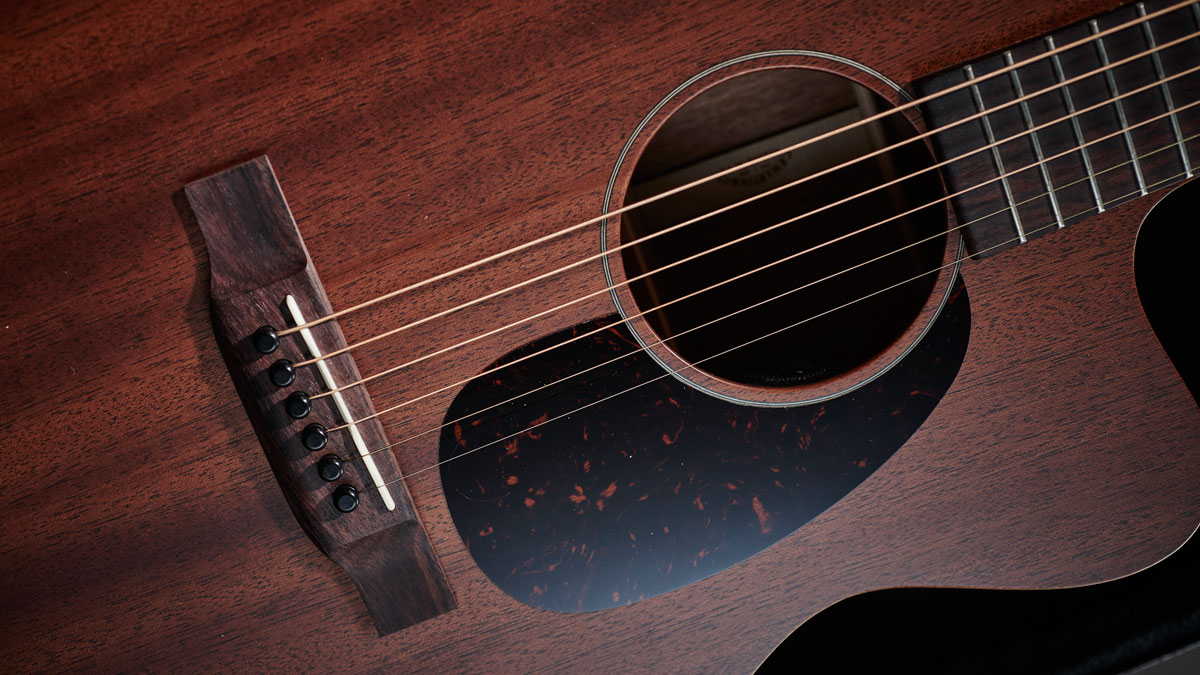Rosewood set to return as CITES lifts guitar restrictions
Will manufacturers reintroduce the wood to lower-priced models?

All the latest guitar news, interviews, lessons, reviews, deals and more, direct to your inbox!
You are now subscribed
Your newsletter sign-up was successful
In 2017, the guitar world was turned upside-down by the introduction of trade restrictions on rosewood, one of the most commonly used tonewoods in electric and acoustic guitar building - but after years of campaigning, the wood looks set to return.
A new exemption for musical instruments was approved on August 26 by a key committee for the Convention on International Trade in Endangered Species of Wild Fauna and Flora (aka CITES).
The 2017 restrictions led to losses of tens of millions of dollars in sales for the musical instrument industry, leading brands and musicians to pen a brief that stated, “the world of music and culture will lose certain instruments that produce the highest quality tones, with no corresponding conservation benefit,” according to NPR.
Martin and Taylor Guitars - the latter of which had even ceased production of certain all-rosewood models as a result of the original restrictions - have welcomed the news, and observed that musical instruments were never the problem, with high-end furniture in China cited as the primary cause for the limitations.
The return of rosewood?
The restrictions resulted in several companies - most notably Fender - dropping rosewood from its more affordable guitar lines, instead opting for alternatives such as pau ferro.
That leads to the question: will rosewood return to these more affordable line-ups? Or have guitarists embraced the alternatives sufficiently to avoid rolling back the spec?
We’d wager there will be an increase in new low-cost models featuring rosewood fingerboards, as well as special editions - such as Fender’s recently unveiled all-rosewood neck Jazzmaster - but we don’t anticipate existing pau ferro-’boarded guitars to change any time soon.
All the latest guitar news, interviews, lessons, reviews, deals and more, direct to your inbox!
Whatever the case, this is great news for guitarists, especially for anyone buying and selling internationally. The future’s looking rosey, all right.

Mike has been Editor-in-Chief of GuitarWorld.com since 2019, and an offset fiend and recovering pedal addict for far longer. He has a master's degree in journalism from Cardiff University, and 15 years' experience writing and editing for guitar publications including MusicRadar, Total Guitar and Guitarist, as well as 20 years of recording and live experience in original and function bands. During his career, he has interviewed the likes of John Frusciante, Chris Cornell, Tom Morello, Matt Bellamy, Kirk Hammett, Jerry Cantrell, Joe Satriani, Tom DeLonge, Radiohead's Ed O'Brien, Polyphia, Tosin Abasi, Yvette Young and many more. His writing also appears in the The Cambridge Companion to the Electric Guitar. In his free time, you'll find him making progressive instrumental rock as Maebe.
